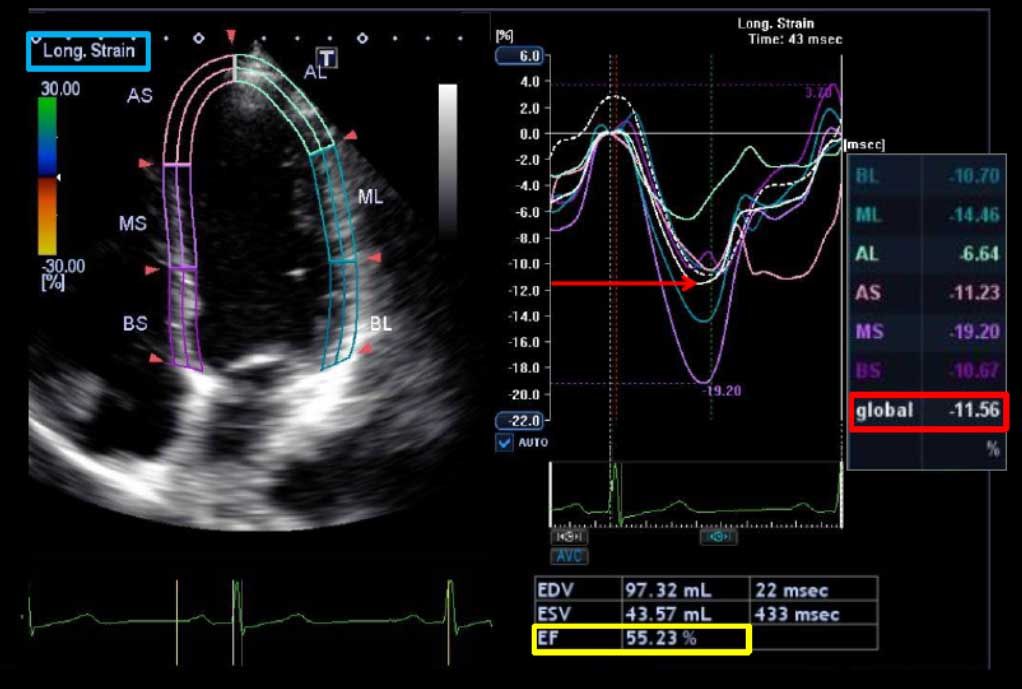Effect of ACE Inhibitors and ARBs on Cardiovascular Outcomes in Diabetes
A recent meta-analysis, published in JAMA Intern Med on March 31, 2014, analyzed the effect of ACE inhibitors (ACEIs) and angiotensin II receptor blockers (ARBs) on all-cause mortality, cardiovascular (CV) deaths, and major CV events in patients with diabetes mellitus (DM). The authors of this study included randomized clinical trials reporting the effects of ACEI and ARB regimens for DM on all-cause mortality, CV deaths, and major CV events with an observation period of at least 12 months.
The major results of 35 trials involving more than 50,000 patients showed that ACEIs reduced all-cause mortality, CV mortality, and major CV events in patients with DM.
By contrast, ARBs did not reduce all-cause mortality, CV mortality, or major CV events. Neither ACEIs nor ARBs were associated with a decrease in the risk for stroke in patients with DM. This study suggests that ACEIs vs ARBs be used as first-line therapy in patients with diabetes. Primary end points were all-cause mortality and death from CV causes. Secondary end points were the effects of ACEIs and ARBs on major CV events.
Twenty-three of 35 identified trials compared ACEIs with placebo or active drugs (32,827 patients) and 13 compared ARBs with no therapy (controls) (23 867 patients). When compared with controls (placebo/active treatment), ACEIs significantly reduced the risk of all-cause mortality by 13%, CV deaths by 17%, and major CV events by 14%, including myocardial infarction by 21% and heart failure by 19%.
Treatment with ARBs did not significantly affect all-cause mortality, CV death rate, and major CV events with the exception of heart failure.
Both ACEIs and ARBs were not associated with a decrease in the risk for stroke in patients with DM. Meta-regression analysis showed that the ACEI treatment effect on all-cause mortality and CV death did not vary significantly with the starting baseline blood pressure and proteinuria of the trial participants and the type of ACEI and DM.
The authors concluded that angiotensin-converting enzyme inhibitors reduced all-cause mortality, CV mortality, and major CV events in patients with DM, whereas ARBs had no benefits on these outcomes. Thus, ACEIs should be considered as first-line therapy to limit excess mortality and morbidity in this population.
Source:
Cheng J, Zhang W, Zhang X, et al. Effect of Angiotensin-Converting Enzyme Inhibitors and Angiotensin II Receptor Blockers on All-Cause Mortality, Cardiovascular Deaths, and Cardiovascular Events in Patients With Diabetes Mellitus: A Meta-Analysis JAMA Intern Med 2014 Mar 31;[EPub Ahead of Print].


